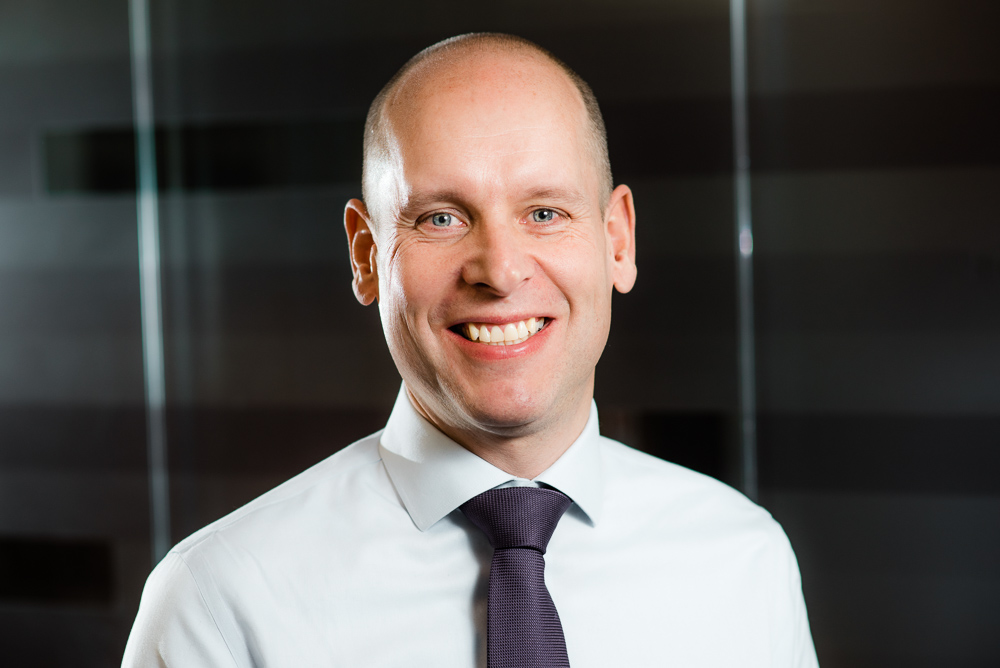
“We’re increasingly beginning to understand how connected physical health and mental health are,” he said. “There’s a lot of data to support that people that develop physical health issues have a higher probability of also developing mental health issues, and the other way around is also true. The connectivity between the two has been clearly demonstrated and that’s why Cigna has been at the forefront of pushing for stronger awareness and recognition of mental health issues in the workplace.”
Read more: Cigna shines spotlight on the ‘other’ great COVID-19 threat
Taking action on this challenge has encompassed broad stress care campaigns and also individual touches, Toor said, such as empowering his own team to share how they are feeling. He believes COVID has managed to accelerate Cigna Europe’s journey because it has shone a spotlight on mental health concerns and the importance of actively addressing them.
“We’ve done a lot of research on this around the globe and one of the most interesting statistics revealed was that 75% in the workforce are saying they would value general lifestyle support from their employers,” he said. “But at the same time, when you ask people whether their employer actually offers well-being programmes, only 26% say ‘yes’, so there’s still a massive gap between what employees expect and what organisations are delivering today.”
What differentiates Cigna Europe’s Whole Health initiative, is that it embraces the full swathe of the stressors that occur in someone’s immediate environment that ultimately impact their physical or mental health. It’s about digging down into the root cause of these, he said, and providing holistic solutions which include matters like the wellbeing of an individual’s family, their social wellbeing, their work wellbeing and their financial wellbeing.
“You can’t ignore all of these elements that make up everyone’s individual world if you want to effectively address this notion of physical and mental health and wellbeing,” he said. “So, what we’re trying to do with Whole Health is really put a stake in the ground and say ‘we need to look at this more holistically. We need to understand this ecosystem and, we need to start putting in place the solutions required to help people address these stressors.’”
Read more: CEO on why insurance companies must build powerful mental wellbeing programmes
This concept has been developed through significant research and discussions across the market, Toor said, and a key focus for his team has been on the wealth of insight provided by the broking community. These are critical partners for the project as they are on the frontline of conversations with clients and have a unique understanding of their requirements and demands. So far, the reaction of brokers to the project has been overwhelmingly positive. Many of the provider’s partners have noted this is something they have been waiting for quite some time, he said.
The business case for such initiatives in terms of workforce productivity and absenteeism prevention is, of course, a key consideration for employers, he said, but leaders are also beginning to realise this is a way to position themselves as the employer of choice. There is a war for talent occurring right now, and this focus on welfare is going to make a real difference, especially for the younger generation who are looking for wellbeing support and a healthy work-life balance.
“At the end of the day, companies are and will continue to be under a lot of pressure coming out of COVID-19,” he said, “and the economic environment is quite challenging. So people are not only thinking about health, they’re also thinking about affordability. And I think we can make the compelling case that, ultimately, this is an investment that will yield a return. So don’t look at this as a cost, let’s instead look at this holistic approach as a strategic investment.”



